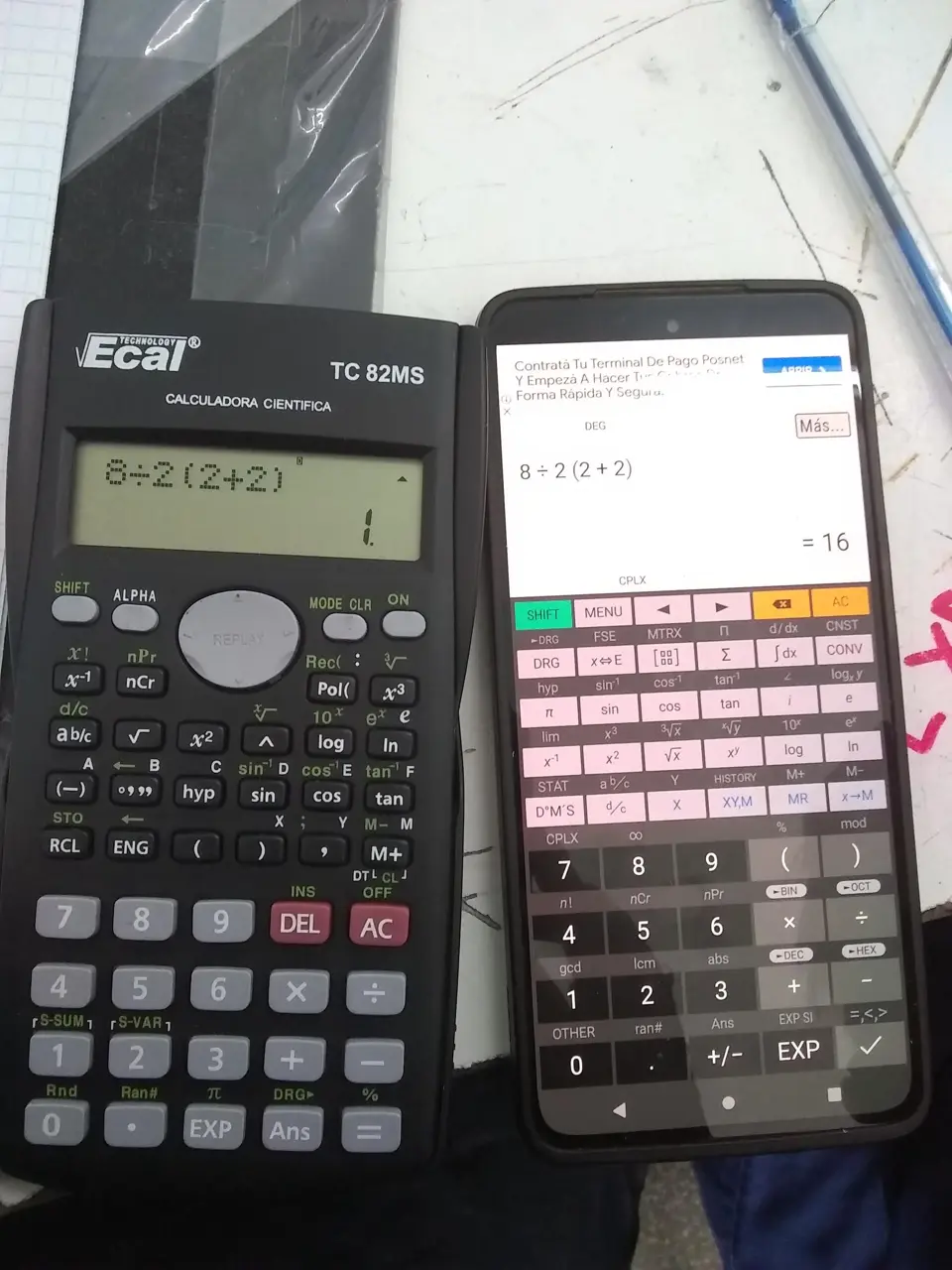this post was submitted on 03 Dec 2023
419 points (100.0% liked)
196
16216 readers
2328 users here now
Be sure to follow the rule before you head out.
Rule: You must post before you leave.
founded 1 year ago
MODERATORS
you are viewing a single comment's thread
view the rest of the comments
view the rest of the comments

If you really wanna see a bloodbath, watch this:
You know that a couple has two children. You go to the couple's house and one of their children, a young boy, opens the door. What is the probability that the couple's other child is a girl?
50%, since the coins are independent, right?
Oops, I changed it to a more unintuitive one right after you replied! In my original comment, I said "you flip two coins, and you only know that at least one of them landed on heads. What is the probability that both landed on heads?"
And... No! Conditional probability strikes again! When you flipped those coins, the four possible outcomes were TT, TH, HT, HH
When you found out that at least one coin landed on heads, all you did was rule out TT. Now the possibilities are HT, TH, and HH. There's actually only a 1/3 chance that both are heads! If I had specified that one particular coin landed on heads, then it would be 50%
You’ve also ruled out TH by knowing one is heads. So the only possibilities are HT and HH. Is that not 50/50?
it depends on how you know this information. did you look at one of the coins? then it's 50/50. did you ask a friend to look and yell you whether at least one of them is heads? then it's 2/3.
At least one is heads, but unless you know which one it is, you haven't ruled out HT or TH
But you do know which one it is, because you said "other child". As soon as you ask the question, you assign a specific outcome to a specific child eliminating HH and HT (or in the new example, BB and BG). "What are the odds they have a female child" and "what are the odds the other child is female" are not the same question.